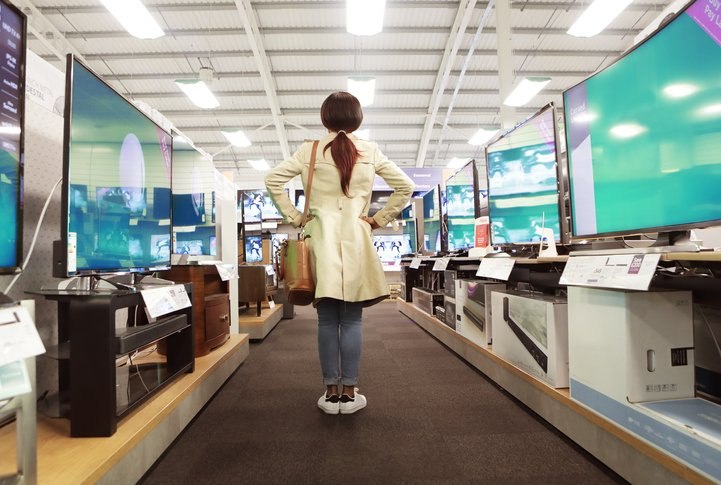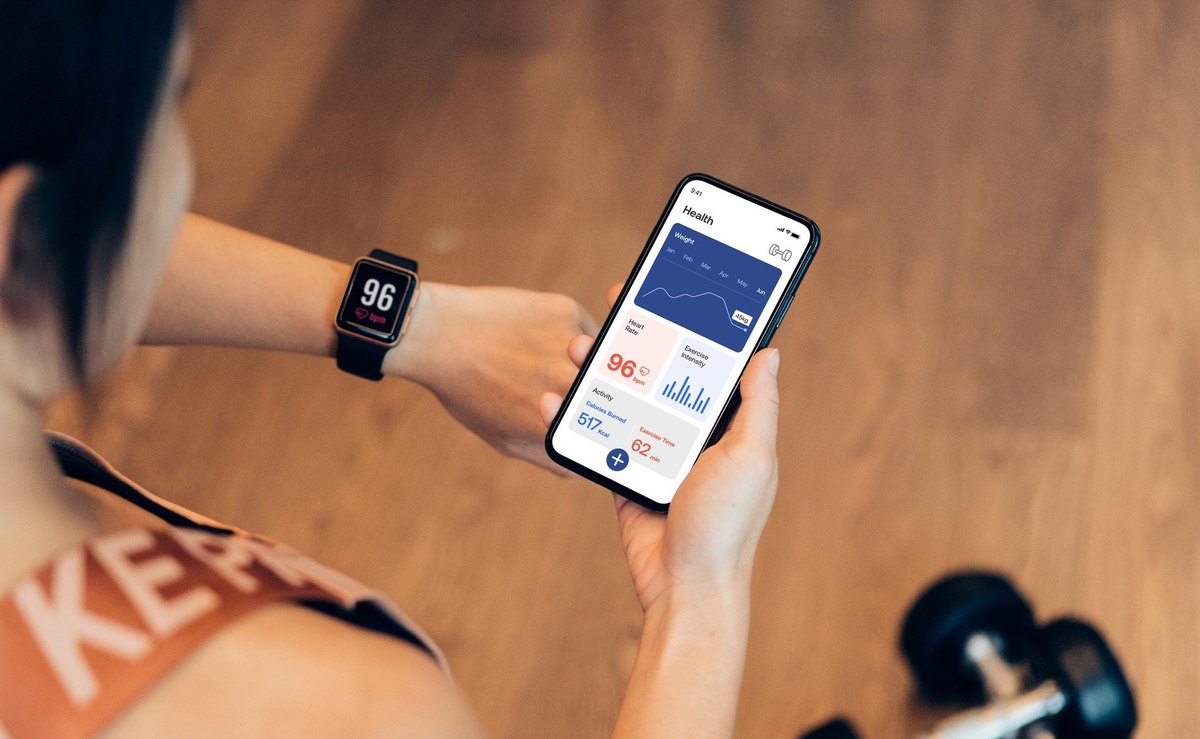
Word-of-mouth is of more help to consumers buying healthcare services, than cars and clothing
When it comes to understanding and eventually signing up for a healthcare treatment or service, some sources of information can help people get much needed clarity, while some end up confusing them further. For instance, a previously published YouGov piece discussed how consumers tackle conflicting information around health and pharma products.
Here, we look at word-of-mouth and whether consumers find it helpful when making purchases for healthcare services.
A recent YouGov survey asked consumers across 17 international markets about the categories where word-of-mouth helps them make purchase decisions. A modest 18% say word-of-mouth helps them a great deal in making purchases for healthcare services. Over a third (36%) say it helps a fair amount, while less than a quarter of consumers across all markets say word-of-mouth doesn’t help very much.
YouGov’s demographic data reveals that younger and middle-aged consumers are more likely to find word-of-mouth helpful to some degree when choosing healthcare services.
Data shows that 18-to-34-year-olds are most likely to say (45%) that word-of-mouth helps them a great deal when purchasing healthcare services, followed by 35-to-54-year-olds (40%).
Further, nearly three fourths of 35-to-54-year-olds (74%) say word-of-mouth helps them a fair amount – a sentiment echoed by 68% of 18-to-34-year-olds.
But more than two in five 35-to-54-year-olds (43%) also say word-of-mouth doesn’t help very much when it comes to healthcare services - one in five of this age group (21%) find that word-of-mouth doesn’t help at all. Equal proportions of 18-to-34-year-olds and 55+ year-olds (16% each) agree with this.
By market, whether consumers feel word-of-mouth is helpful in purchasing healthcare services
“A great deal”
Consumers in the Asian markets we surveyed are more likely than those in our European markets to say they find word-of-mouth helps a great deal with purchasing healthcare-services . Those in Mexico (44%) are most likely to say so, followed by those in Indonesia (40%), UAE (39%), Hong Kong (36%) and India (33%).
Consumers in our Nordic markets are the least likely to agree (4% in Denmark and 5% in Sweden), while Polish consumers (20%) are most likely in Europe to say word-of-mouth helps a great deal.
“A fair amount”
Hong Kong accounts for the largest proportion of consumers across all markets who say word-of-mouth helps a fair amount when purchasing healthcare services - nearly half of all consumers (48%) here say so. Poland (47%) closely follows Hong Kong. Denmark accounts for the lowest share of consumers (21%) who hold this opinion.
“Not very much” or “Not at all”
Among consumers who say word-of-mouth doesn’t help when making purchases of healthcare services, Swedes and Danes (38% each) are most likely across all markets to say so. More than a quarter of Brits (29%) and Australians (28%) agree.
A quarter of Swedes (25%) say word-of-mouth doesn’t help at all - as do equal proportions of Americans and Brits (17% each).
Additionally, Germany and Denmark (12%) account for the largest proportion of consumers who say they don’t know whether word-of-mouth is of any help or not, when it comes to purchasing healthcare services.
“I do not purchase this kind of product/service”
Great Britain (14%) and Denmark (10%) are the only two markets among the ones we survey who record double-digit figures for their proportion of consumers who say they do not purchase healthcare services. Notably, both countries have a universal healthcare service.
Explore our living data - for free
Discover more health and pharma content here
Want to run your own research? Run a survey now
Make smarter business decisions with better intelligence. Understand exactly what your audience is thinking by leveraging our panel of 20 million+ members. Speak with us today.
Methodology: YouGov Surveys: Serviced provide quick survey results from nationally representative or targeted audiences in multiple markets. The data is based on surveys of adults aged 18+ years in 17 markets with sample sizes varying between 508 and 2001 for each market. All surveys were conducted online in September 2023. Data from each market uses a nationally representative sample apart from Mexico and India, which use urban representative samples, and Indonesia and Hong Kong, which use online representative samples. Learn more about YouGov Surveys: Serviced.
Photo by Karolina Grabowska on Pexels
































